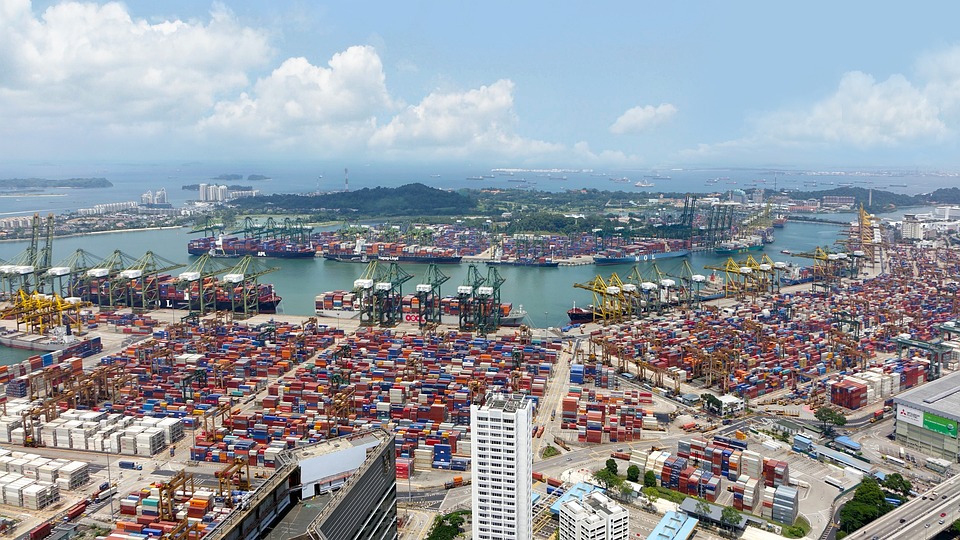
I. to enterExport agentWhat are the basic processes involved?
According to the latest 2025 General Administration of Customs regulatory requirements, the standardized import and export agency process should include the following 7 key steps:
- Qualification review stage: The agency company verifies the clients import and export qualifications (including but not limited to business license, customs registration code)
- Trade plan formulation: Determine tariff rates and regulatory conditions based on the product HS code
- Document preparation stage:
- Commercial invoice and packing list preparation
- Certificate of origin application (according to free trade agreement requirements)
- Special goods require inspection and quarantine certificates
- Customs declaration process: Electronic declaration through the International Trade Single Window
- Customs inspection response: Cooperate to complete procedures such as unpacking inspection and sampling testing
- Tax settlement stage: Pay tariffs, VAT, and consumption tax on behalf
- Logistics and distribution implementation: Arrange sea/air transportation and destination port customs clearance services
II. What important documents do enterprises need to prepare in advance?
According to the latest 2025 revised Customs Import and Export Goods Declaration Management Regulations, enterprises must prepare the following core documents:
- Basic legal documents: Business license copy, Foreign Trade Operator Registration Form
- Transaction proof documents: Proforma Invoice, Purchase and Sales Contract
- Transportation-related documents: Bill of Lading/Air Waybill, Packing List
- Special regulatory documents:
- 3C certification (for electronic products)
- Pesticide registration certificate (for agrochemical products)
- Endangered species import/export permit (for wood products, etc.)
III. How to choose a reliable import and export agency company?
Based on the authors 20 years of industry experience, it is recommended to evaluate agency companies from the following dimensions:
- Qualification verification: Check customs AEO certification, international freight forwarding qualifications (FIATA)
- Industry experience matching: Choose agents familiar with specific product categories (e.g., medical devices require professional qualifications)
- Service network coverage: Confirm the presence of operational teams at key ports (Shanghai Port, Ningbo Port, etc.)
- Risk control abilityUnderstand its customs dispute resolution mechanism and compliance review process
IV. What are the latest considerations in the customs clearance process?
Three new regulations implemented by the General Administration of Customs in 2025 require special attention:
- Upgrade of the intelligent document review systemThe accuracy rate of declaration elements must be increased to 98%
- Cross-border e-commerce B2B supervisionThe 9810 model requires complete overseas warehouse filing information
- RCEP rules of originThe scope of application of cumulative rules is extended to all member states
V. How to control the composition and settlement methods of agency fees?
Typical agency service fees include:
- Basic Service CostsCustoms declaration fee, document processing fee (usually charged per ticket)
- Additional service feeExpedited clearance fee, inspection cooperation fee
- Advance payment of expensesPrepayment of tariffs, port miscellaneous fees
It is recommended to adopt a phased payment method: pay 30% upon signing the contract, and pay the balance after the goods are released, with special attention to the exchange rate fluctuation risk clause.
VI. What to do if the goods are detained by customs?
According to the latest guidance from the General Administration of Customs 12360 service hotline in 2025, it can be handled in three steps:
- Rapid response mechanismSubmit a situation statement within 24 hours of receiving the Inspection Notice,
- Supplementary professional materialsSupplement test reports, authorization documents, and other supporting materials through the single window
- Preparation for administrative reconsiderationFor classification disputes, a pre-ruling review procedure can be applied for
VII. How to prevent international trade risks?
It is recommended to establish a four-tier risk prevention and control system:
- Compliance screening systemUse AI tools to verify the trade prohibition and restriction list
- Logistics tracking mechanismRequire agents to provide GPS container positioning services
- Credit insurance coverageInsure short-term export credit insurance with Sinosure
- Legal clause reviewClearly define responsibility division and compensation clauses in the agency agreement


 Follow Customer Service WeChat
Follow Customer Service WeChat